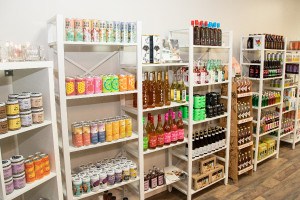Meet Some of the Semifinalists for This Year’s Health Hero Challenge
Get to know their selected charities, what motivates them to help others, and what improvements they’d love to see happen locally.

Get a glimpse into the work these local health leaders are doing, and the nonprofits they’re supporting.
Last week, we announced the 10 semifinalists for this year’s Be Well Philly Health Hero Challenge presented by Independence Blue Cross.
To help you get a better sense of who they are and the charities they are advocating for, we’ll be posting some more information about the semifinalists over the next two weeks. That way, you have a glimpse into how they are working to help Philadelphians live healthier lives, and can cast your vote to narrow the list down to three finalists. (Reminder: Our 2021 Health Hero will receive a $15,000 donation to their charity of choice, and the two runners-up will each win a $2,500 donation for their selected charities.)
Remember, you can vote once per day, every day, until September 30th!
Below, meet five of the 10 Health Hero Challenge semifinalists (we’ll introduce you to the rest of them next week!):
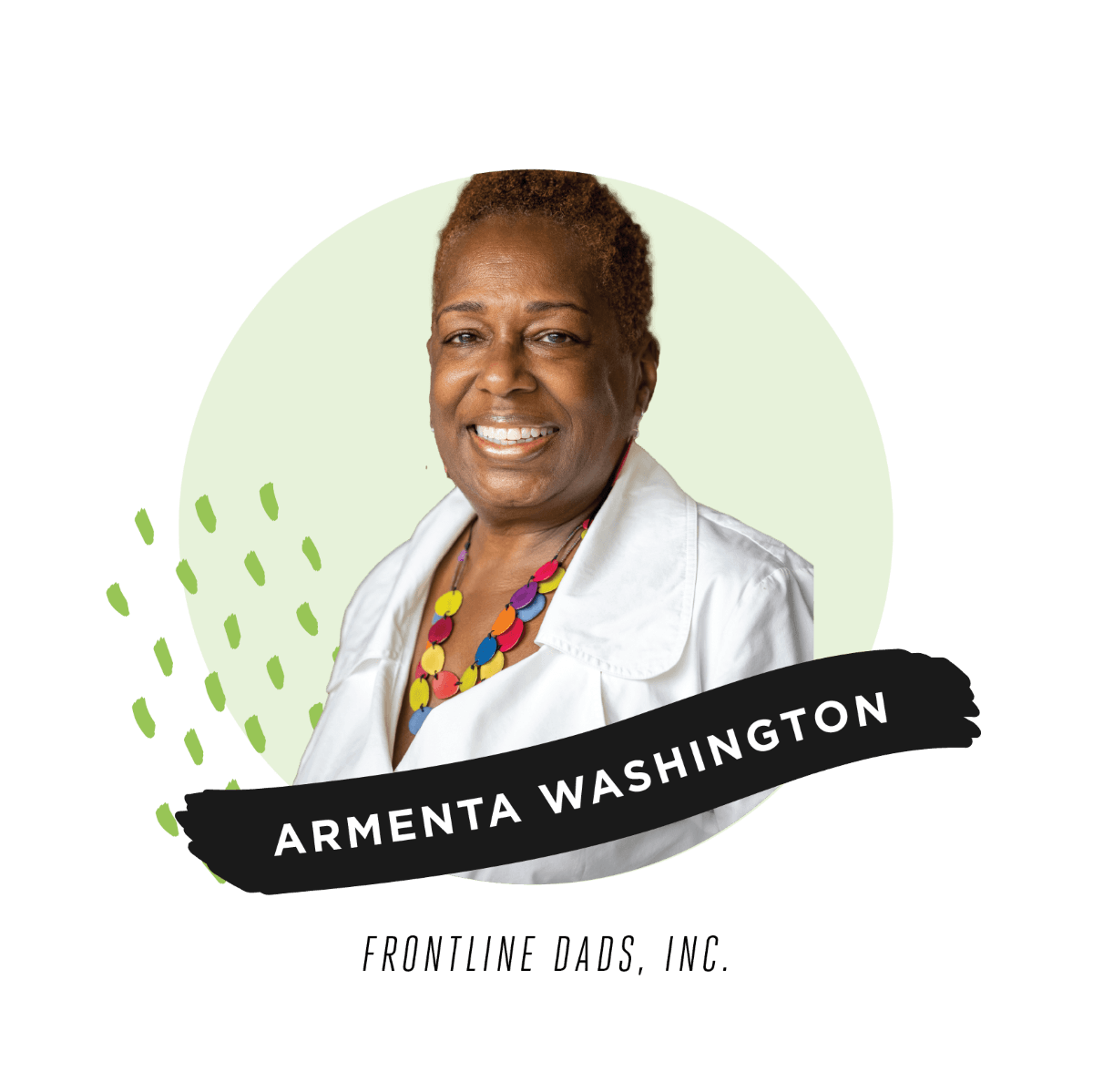
Who: Armenta Washington, senior research coordinator for the community outreach and engagement program at Penn Medicine’s Abramson Cancer Center.
Nonprofit of choice: Frontline Dads, Inc.. Since 2001, Frontline Dads has been empowering African American youth and young adults to become changemakers in their communities and providing them with the educational tools and general resources to do so. They have mentoring programs for at-risk youth and those in the juvenile justice system, as well as parenting workshops and re-entry training support for returning citizens.
What motivates you to try to make Philadelphia a healthier place, and what policy would you institute if you could?
“Statistics show that African Americans are more likely to receive a late diagnosis and die from chronic disease more than any other group. Social determinants of health, such as zip code, access to quality healthcare, and education are interrelated, and can have a devastating impact on the city’s most vulnerable residents. What motivates me is my ability to recognize these gaps and navigate individuals through what can be a complicated process.
“Because I believe the future of healthcare is community-based, I would champion a policy that ensures health screenings for the most underserved zip codes throughout the region. This could be done using pop-up clinics, trusted community advisors, and community organizations. These types of service delivery models could allow for earlier treatment options — drastically reducing delayed diagnoses and mortalities — for community members who often face tremendous barriers to accessing health services.”
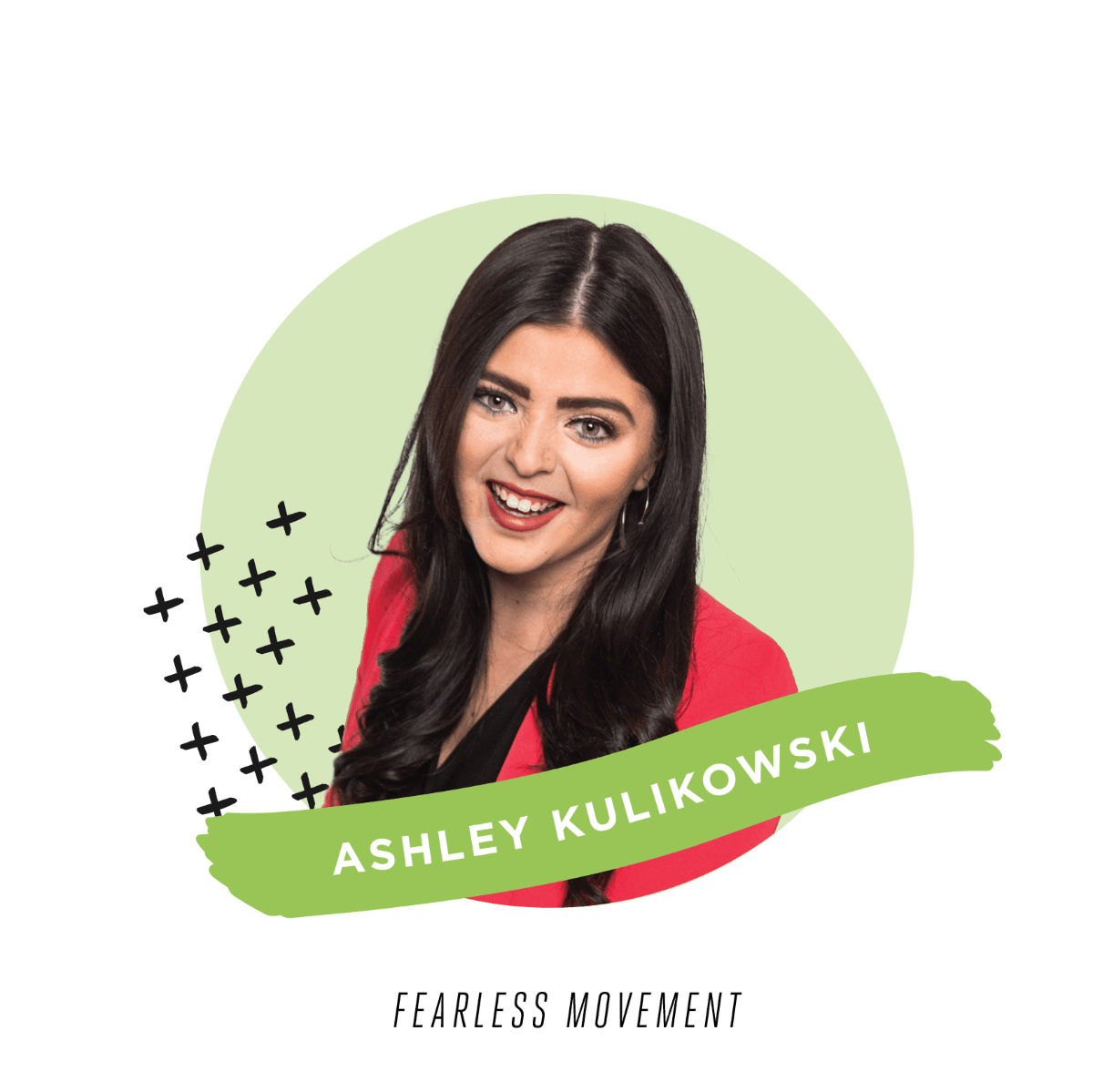
Who: Ashley Kulikowski, founder and CEO of nonprofit Fearless Movement, and champion for epilepsy and mental health research, therapy, and community support.
Nonprofit of choice: Fearless Movement — an organization that aims to empower all individuals, especially those living with epilepsy and mental health conditions, through free art therapy, mentorship, and workshops centered on leadership and anti-bullying. Currently, Fearless Movement serves schools, hospitals, and community groups in 18 counties across the local tri-state area.
What motivates you to try to make Philadelphia a healthier place, and what policy would you institute if you could?
“My initial motivation was the pain I experienced through personal battles with my physical and mental health as a teen, and how many others can also feel trapped in uncertainty and fear. Growing up, I was bullied by my peers for being overweight, and then shortly after, was diagnosed with epilepsy and suffered uncontrollable seizures, fear, anxiety and depression throughout my entire high school career. Once I learned my voice had power through the mentorship of teachers, youth group leaders, medical professionals and family, I also learned I wasn’t alone in my fears and circumstances. If I wasn’t alone, that meant many others not only battled with epilepsy, but everyone battled with fear — a universal emotion that cannot be prevented, but one we do need to respond to. My continual motivation is through the everyday work I do — connecting with students and adults through our virtual and in-person epilepsy support groups, free services, mentorship, leadership, self-esteem and art empowerment programs — so that others can have a positive quality of life.
“A policy I would be thrilled to institute would be for all schools to provide free art therapy sessions or classes for every student in need or demonstrating at-risk behaviors. Art has been proven to relieve stress, experience joy and peace in the midst of painful hardships, and break communication barriers among those non-verbal or are uncomfortable speaking up about their emotions. The way we express ourselves is very telling, and with suicide being the second leading cause of death among our youth, this can be a policy in place to not only better the health and well-being of our students, but save their lives by providing the best resources and support possible.”
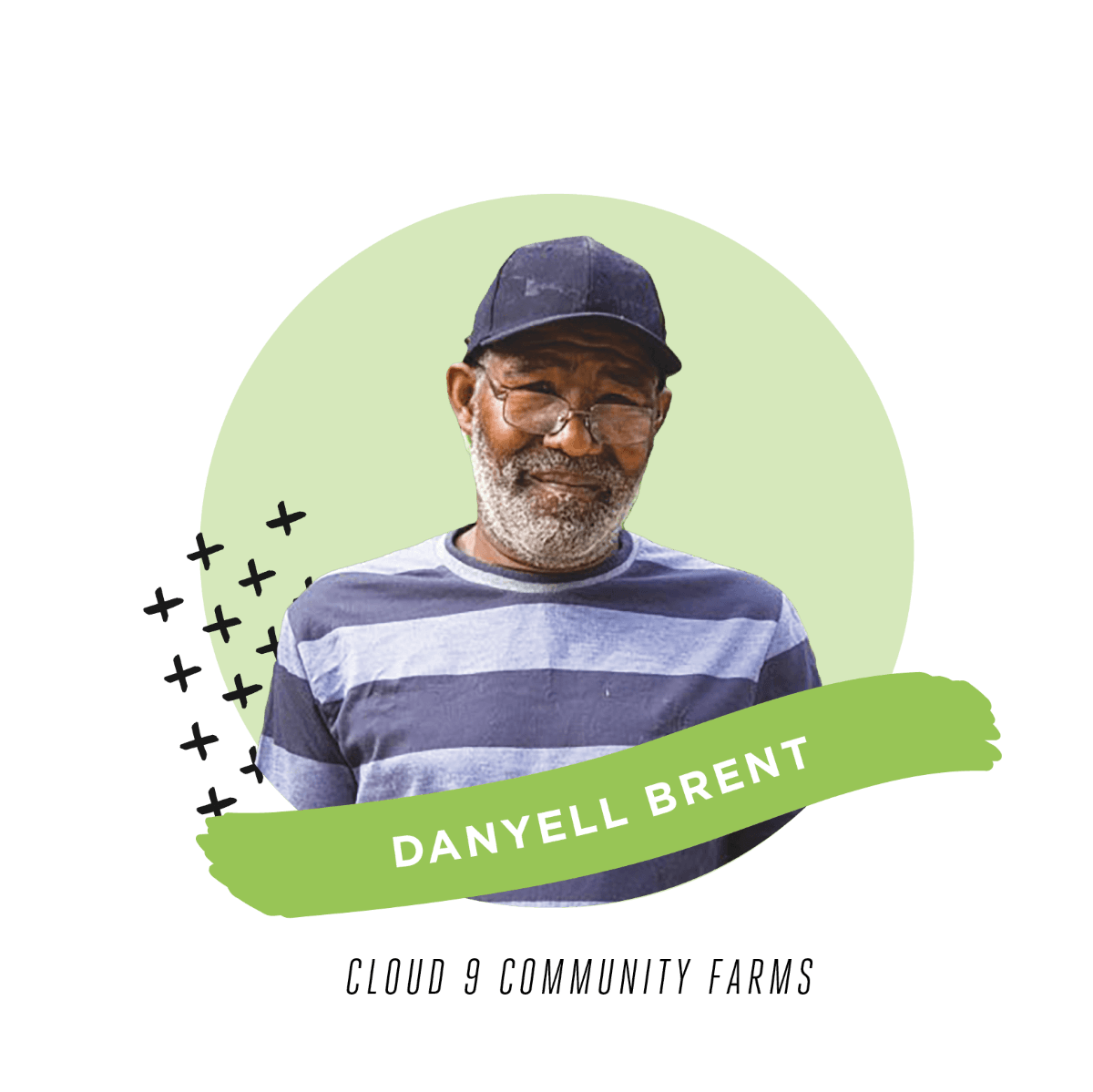
Who: Danyell Brent, farm coordinator for Cloud 9 Community Farms, and founder of Friends Garden for Peace and Understanding.
Nonprofit of choice: Cloud 9 Community Farms. Founded in 2012, Cloud 9 Community Farms helps Philly neighborhoods and their residents foster community and increase fresh food access through the creation of gardens and farms on city rooftops or in urban spaces. They offer a food pantry and monthly herbalism workshops in Poplar, a weekly healing garden program in West Philly, and an after-school rooftop gardening programing in North Philly.
What motivates you to try to make Philadelphia a healthier place, and what policy would you institute if you could?
“My great-great grandchildren motivate me. I don’t care what people say about me now, but I do care about what they’ll say 25 years after I’m gone. Also, people believed in me before I believed in myself, which motivated me to invest in my community. Rania Campbell-Bussiere (executive director of Cloud 9) trusted me, and that helped me to care for my community, which is hard work.
“In my neighborhood, I believe we should open more recreation centers. We need more places for people of all ages to learn in a variety of ways, so that people with all learning styles can benefit from their education.”
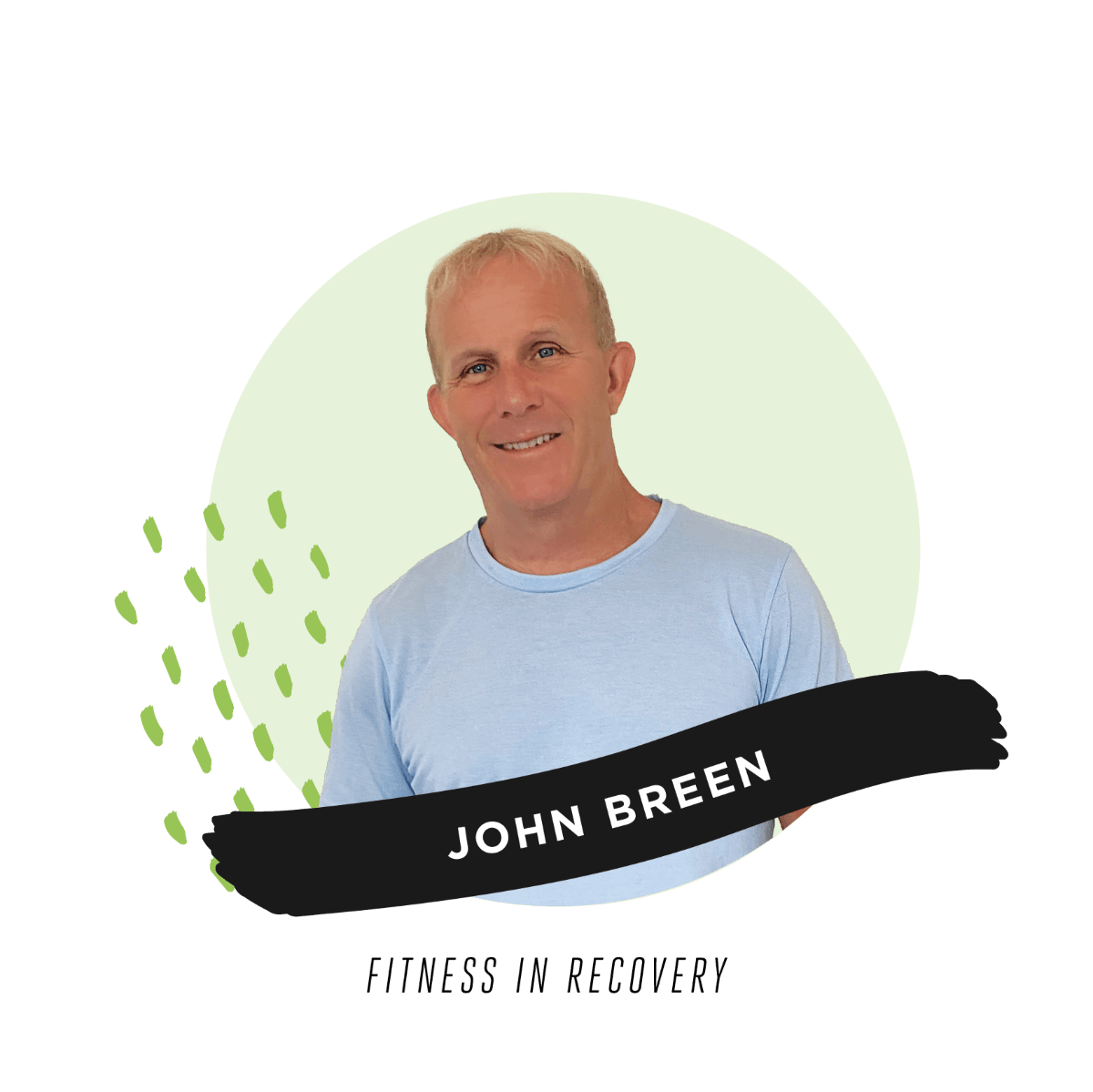
Who: John Breen, co-founder of Fitness in Recovery, and local multi-sport coach and athlete
Nonprofit of choice: Fitness in Recovery — a grassroots organization turned nonprofit in 2018 that uses exercise to support those in recovery from addiction, eating disorders, and trauma. Their three divisions — Community, On Campus, and Medical — host a combined total of 40 workouts per month to area residents, college students, and patients of Wedge Recovery Center’s South Philly location.
What motivates you to try to make Philadelphia a healthier place, and what policy would you institute if you could?
“I was born in Philadelphia, graduated from Temple University, coached at UPenn, and have been an active member of the Philadelphia rowing and dragon boating community for over 30 years. I have watched Philadelphia transform itself into a first-class destination city, while managing the burden of being ground-zero in the national opioid epidemic. I consider taking on the crisis in Kensington to be the most important work that Fitness in Recovery is involved with at this time. This commitment is my life’s work, especially because my childhood was characterized by chaos, instability, and constant change. The only consistent theme was exercise and how it powerfully affected my mood, especially after being placed in St. Mary’s Home for Children when I was in sixth grade.”
“I would institute a zero-barriers policy so that anyone in the Philadelphia region struggling with addiction would have access to treatment, free of charge and without the delay of determining eligibility, coverage, or waiting for a bed. In that moment of clarity, when an addict is given the gift of desperation, they should have unrestricted and immediate access to treatment.”
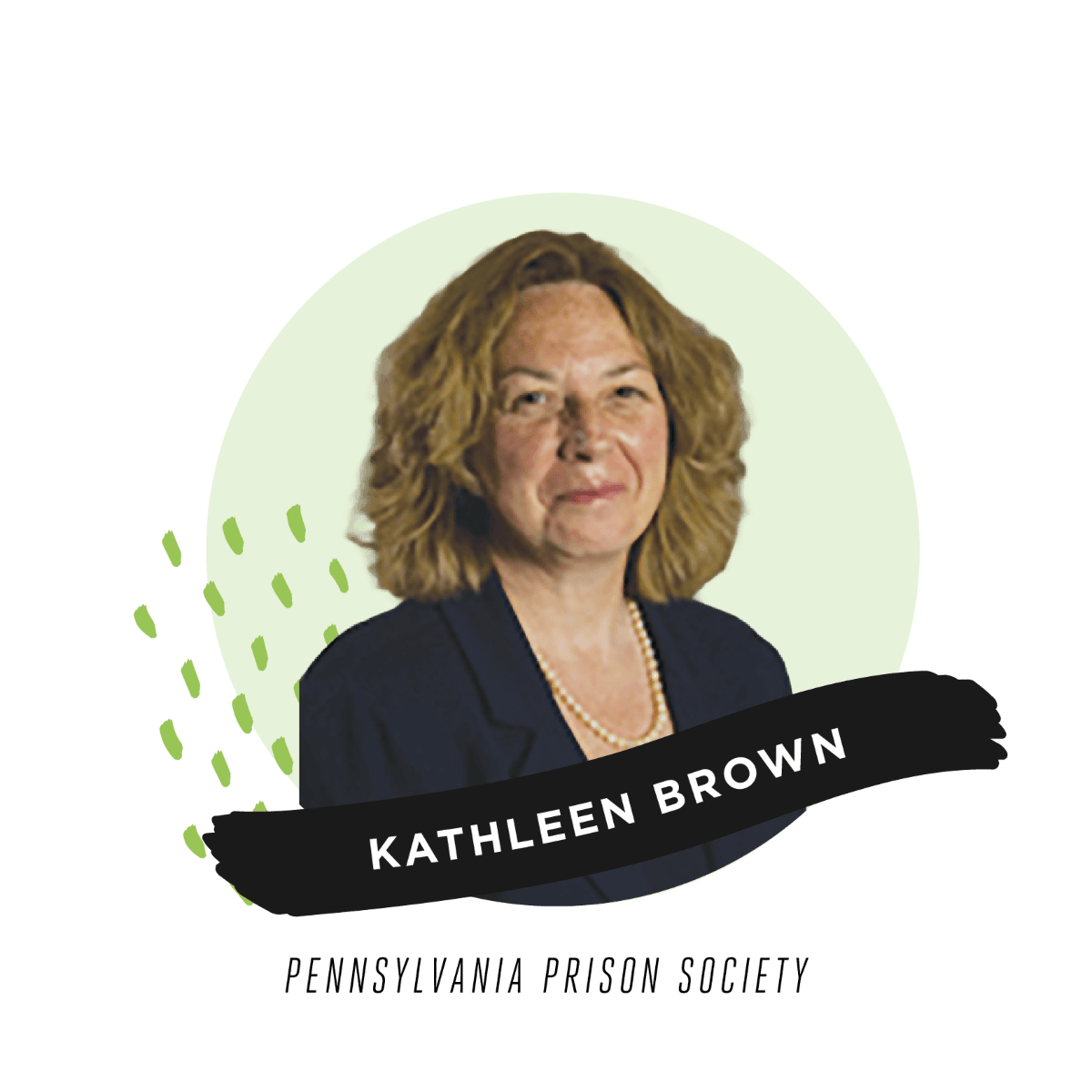
Who: Kathleen Brown, a practice associate professor of nursing and a nurse practitioner in women’s health at the University of Pennsylvania. With a career focused on victimization and sexual assault, Brown has co-created a “Breaking the Cycle” program, which provides transitional homes for women who have been trafficked for sex.
Nonprofit of choice: Pennsylvania Prison Society, which has worked to improve conditions for those in prison and jail and policies within the criminal justice system since 1787. They also provide subsidized bus service for families visiting their loved ones incarcerated across Pennsylvania, and assist returning citizens through mentorship programs.
What motivates you to try to make Philadelphia a healthier place, and what policy would you institute if you could?
“The female population in Philadelphia’s jail system has many unmet needs. Two-thirds of women in jails come from poverty-stricken neighborhoods. Many have mental and physical health conditions and addiction issues, are accused of non-violent crimes, and have experienced trauma throughout their lives. If these women were healthy and were rehabilitated rather than punished, their lives and those of their children and their community would be better. The great need for changes in health-related behavior called to me.
“Policies that address all health issues are needed. Programs designed for adoption of healthy behavior are needed. Most important are policies designed to maintain security while restoring dignity and self-respect. Policies of less punishment and more reward for behavior changes would be ideal. Sharing medical records between the communities and the jail would be helpful. Policies that ease reentry are necessary. While confined, many lose housing, jobs, and childcare. Every woman returning to her community from jail should increase the health of Philly’s neighborhoods.”
